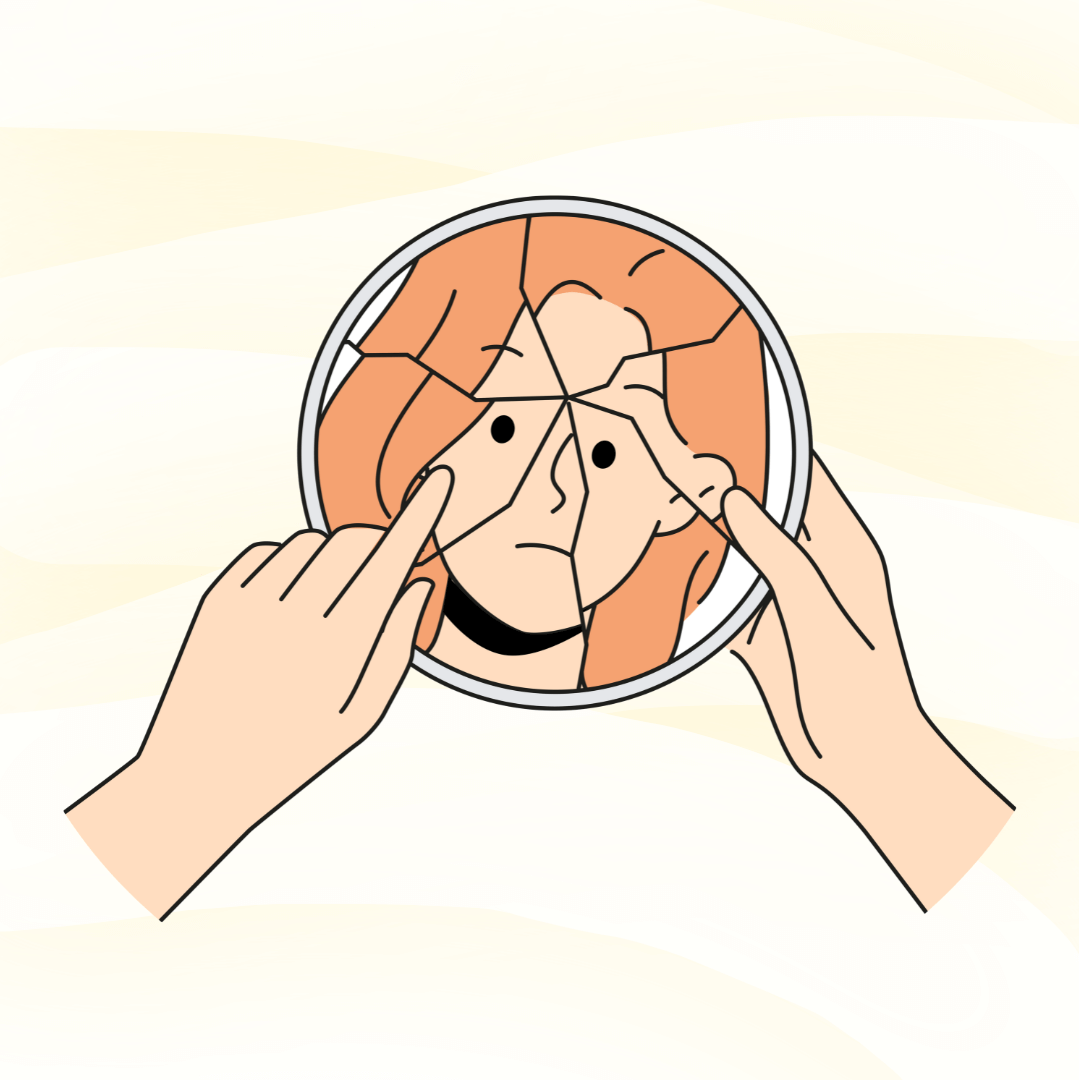Loving someone should feel safe, warm, and reciprocated. But when mental health struggles enter the picture, love can also feel like a delicate art of balancing—the art between support and exhaustion and the one between staying and taking a step back.
If you’re in a relationship with someone who has a mental health diagnosis, you may feel moments of profound connection. But there are also moments of helplessness that you feel guilty about voicing. And in your own silence, you start to wonder if you’re saying the right thing, if your support is enough, or if you’re slowly losing pieces of yourself in the process.
Some days, your partner might be the person you fell in love with. They are full of warmth and laughter, and there are meaningful conversations. On other days, they may shrink into a dark corner, leaving you confused, not knowing how to pull them out. You send a message that goes unanswered for hours. They cancel plans at the last minute. They seem distant, irritable, or withdrawn.
Your mind might race: “Are they ghosting me? Did I do something wrong? Are they upset with me? Do they even want me around?”
But the truth is, mental health struggles don’t always follow logic. A loving partner can still have days when getting out of bed feels impossible, and the weight of anxiety or depression makes connection feel like an effort rather than comfort for them.
You find it difficult to believe that their distance is not about you. Their silence is not rejection; their struggles do not mean they love you any less.
We promise it’s not you. Loving someone with a mental health diagnosis is not about being their solution. Rather, it’s about being their safe space while ensuring you remain whole, too. So, how do you show up for them while ensuring you don’t disappear?
- You’re Their Partner, Not Their Therapist: We, as social beings, are evolutionarily wired to care for people we love; thus, wanting to help is instinctual. It is natural for you to want to be the person who lifts them up when they’re sinking. But taking on the role of rescuer will only leave you emotionally drained. They need professional support, and your role is to be a steady presence, not the person who carries their pain for them. Instead of “How can I fix this?” ask, “How can I support you?” The difference matters. If you find it hard to navigate these complexities alone, seeking support through couples therapy in Singapore can be a meaningful next step. Therapy offers a neutral space where both partners can voice their needs, understand each other better, and learn tools to nurture a healthier relationship.
- Small Acts of Care Matter: Grand gestures won’t always reach them on hard days, but small, consistent acts of care can. A gentle “I’m here when you’re ready to talk” instead of pushing them to open up. Maybe a warm meal is left beside them when words feel too heavy. Sometimes, love is not about doing but about being. Being present, patient, and accepting.
- Boundaries Are Love, Too: Loving someone with a mental health concern does not mean sacrificing your well-being. If their struggles begin to consume you, it is okay to step back. “I love you, but I need some space to recharge today.” Boundaries don’t mean you don’t care. It means you care for both of you.
Remember that there’s a difference between loving someone through their challenging moments and losing yourself in the process. If you feel like you are constantly walking on eggshells around them and your needs are always second to their struggles, it’s okay to reevaluate. Healthy love allows room for both people to exist as individuals, not just as caretakers or dependents.
Love should not feel like self-sacrifice. Staying in a relationship that leaves you empty does not make you a better or stronger partner. It only erodes your essence until, one day, you don’t recognise the reflection in the mirror.
Relationships are spaces where both people feel supported, valued, and seen. And sometimes, the greatest act of love is knowing when to stay, when to step back and when to let go. Love is powerful, but it’s not a cure. For couples navigating the aftermath of emotional wounds—whether from childhood, past relationships, or personal struggles—trauma therapy in Singapore can be a vital step toward healing. It’s not about fixing each other, but about understanding what shaped you, and learning to grow together from a place of safety and awareness.
If you feel you need professional help and emotional support, please reach out to EMCC. Help is available, and hope is always within reach.
To ensure that our services remain accessible, subsidised counselling is also provided. For more information, click here.


